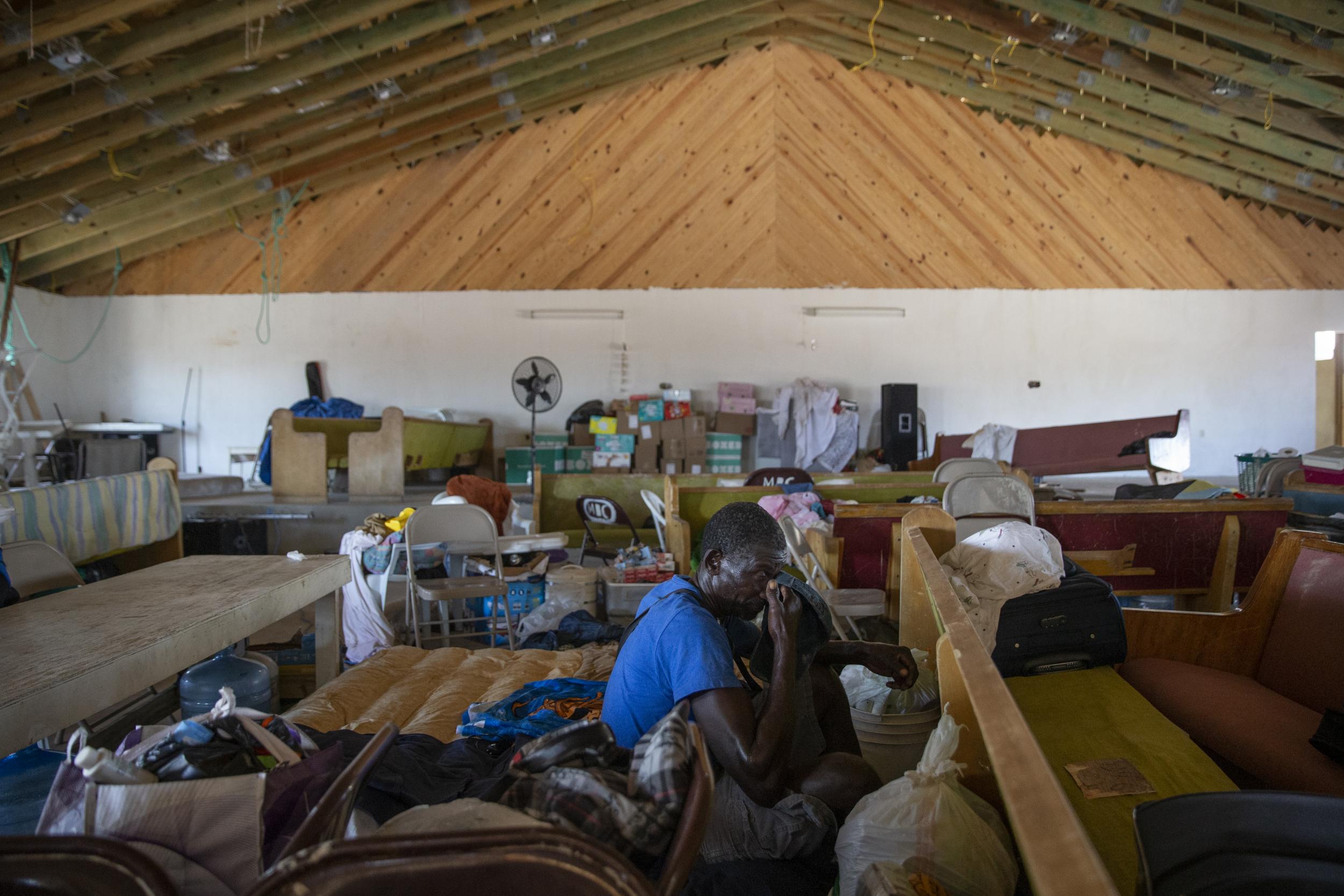Nearly twice as many people displaced by weather than conflict in first half of 2019
Up to 22m people are estimated to be displaced by the end of the year

Your support helps us to tell the story
From reproductive rights to climate change to Big Tech, The Independent is on the ground when the story is developing. Whether it's investigating the financials of Elon Musk's pro-Trump PAC or producing our latest documentary, 'The A Word', which shines a light on the American women fighting for reproductive rights, we know how important it is to parse out the facts from the messaging.
At such a critical moment in US history, we need reporters on the ground. Your donation allows us to keep sending journalists to speak to both sides of the story.
The Independent is trusted by Americans across the entire political spectrum. And unlike many other quality news outlets, we choose not to lock Americans out of our reporting and analysis with paywalls. We believe quality journalism should be available to everyone, paid for by those who can afford it.
Your support makes all the difference.A record seven million people were displaced by disasters in the first half of 2019, suggesting that mass displacement due to extreme weather events is “becoming the norm,” according to a new report.
The Internal Displacement Monitoring Centre, which uses data from governments, United Nations humanitarian agencies, and media coverage to create its reports, concluded that nearly twice as many people were displaced in the first half of the year by weather events than by conflict and violence. The report was compiled before Hurricane Dorian struck the Bahamas - the numbers affected by that storm are still unclear.
IDMC estimates that the number of new displacements associated with weather events will reach 22m by the end of the year, more than tripling the current number, and making 2019 one of the worst years for climate displacement since records began.
Alexandra Bilak, IDMC’s director, said in a press release accompanying the report: “The international community cannot continue to ignore internally displaced people.
“We must support national governments in their efforts to protect and assist IDPs, build peace and invest in sustainable development and climate change adaptation. Only then will we be able to reduce the upheaval, trauma and impoverishment that many millions of people suffer each year, and reverse the trends laid out in this report.”
The IDMC urged world leaders gathering in New York for the UN’s climate action summit to take their statistics into account.
The organisation also pointed to the record displaced triggered by Cyclone Fani in May as “a success story,” citing the death toll from the storm - 89 people - as exponentially lower than the 3.4m displacements in India and Bangladesh that the cyclone caused. They hope countries will “learn from the past” and begin to implement pre-emptive evacuations and other lifesaving precautions.
“Many of those displaced suffered losses, but they survived and were able to return to their homes once the storm had passed. Cyclone Idai, by contrast, was responsible for more than 416 fatalities in Mozambique and is likely to lead to longer-lasting displacement and other impacts to people’s livelihoods,” the report states, referring to a storm that also displaced 617,000 people.
“This underscores the importance of governments having the information, knowledge and capacity they need to take early action to protect communities and make them more resilient to disasters.”
Last year in the United States, Hurricane Florence was named as the largest factor in displacing people from their homes. Hurricane Michael, and the Woosley and Camp Fires in California also distinctly ranked. All are still being dealt with in their affected areas.
Join our commenting forum
Join thought-provoking conversations, follow other Independent readers and see their replies
Comments